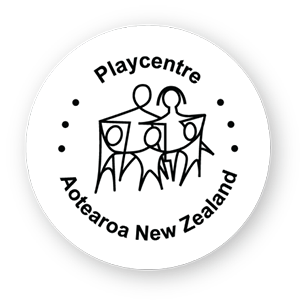23 July 2021
Kia ora koutou
We trust you had an enjoyable holiday with your whānau.
Please see below for more information about RSV and funding implications from the Ministry of Education.
There has been considerable media coverage regarding the RSV virus, which is impacting babies and young children.
Colds, flu and respiratory virus outbreaks are more common at this time of year and these illnesses can be easily spread in schools and early childhood services.
RSV is highly contagious and spreads very easily between people. Most adults and older children with RSV will experience symptoms similar to the common cold. However, very young children and premature babies can become seriously ill and may require hospitalisation.
Please remember to keep up the usual hygiene measures – practice good hand hygiene, stay home if unwell and seek medical advice if you’re concerned about your or someone else’s health.
It’s important to:
- stay home and stay away from toddlers and babies if you are sick
- children, toddlers and babies should not attend early learning services or school until their symptoms have resolved
- continue to use good hand hygiene – ensure children and staff are regularly washing and drying hands
- cough and sneeze into your elbows, carefully discard dirty tissues
- increase the cleaning of frequently touched surfaces, especially at child height. Toys which are shared among children should be washed in warm water and detergent at the end of the day, or session, or more often if they are sneezed on or mouthed.
- do not share cups, glasses or cutlery
The annual influenza season will be managed by regional Public Health services, and their response may be different across DHBs. You may have received a fact sheet put out by the Auckland Regional Public Health Service or the Wellington Regional Public Health service, which is available on their websites.
Parent factsheet on colds and flu – ARPHS website
Parent factsheet on colds and flu – Wellington Regional Public Health website
More Information on RSV is available on the Ministry of Health website.
RSV Funding update
To recognise the pressure on medical services during this RSV outbreak, the Ministry of Education are making a temporary change to the Absence rule exemption process to no longer require documentation to be completed by a medical practitioner. Parents will be able to complete the EC13 form.
They are also adding to the situations where Emergency Closure funding may be available.
Absence rule exemption
In an event that a child is absent for more than three weeks, a service can apply for an exemption from the three-week rule to continue to receive funding. Under normal circumstances, to access this exemption, an EC13 Form (Supporting Medical Certificate) must be completed by a medical practitioner.
However, for the period June-September 2021, if a child is not attending because they are:
- unwell with a likely RSV infection;
- vulnerable to respiratory illness; or
- advised by health authorities or a medical practitioner to stay home due to illness in their household;
- an EC13 Form can be completed by the child’s parent or guardian, in the place of a medical practitioner.
The service must also complete an EC12 (Absence Rule Exemption Form) confirming the child’s enrolment details and keep both documents on file.
Where absence due to RSV continues for a period of 6 weeks or more, parents need to re-confirm the situation in writing. This can be done in the form of an email or text message; parents do not need to re-sign the EC13. The maximum period of time a child can be exempted from the absence rules is 12 weeks.
Emergency closure
If an ECE service or kōhanga reo is directed to close due to the RSV outbreak, the service continues to be entitled to funding for all children enrolled at the time of the closure for up to 3 days as per the Emergency Closure rule.
The Ministry of Education are extending this funding temporarily to include some situations where RSV illness has created staffing issues which make it unsafe to open. As is usual practice, services must apply to their local Ministry office for approval to access Emergency Closure funding.
They encourage any Playcentres severely affected by RSV infections to contact their regional Ministry offices for support. https://www.education.govt.nz/our-work/contact-us/
As always, if you have any concerns please contact your Regional Office.

